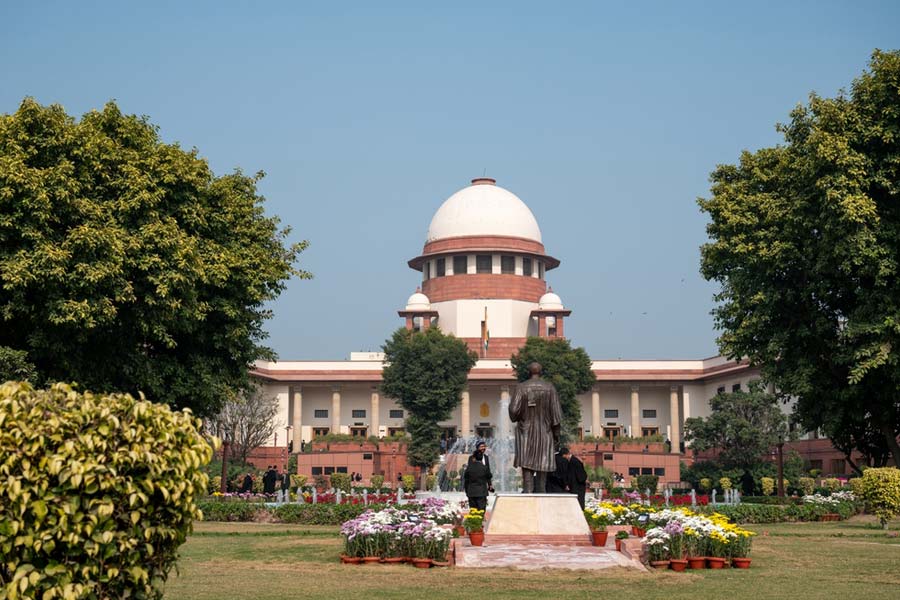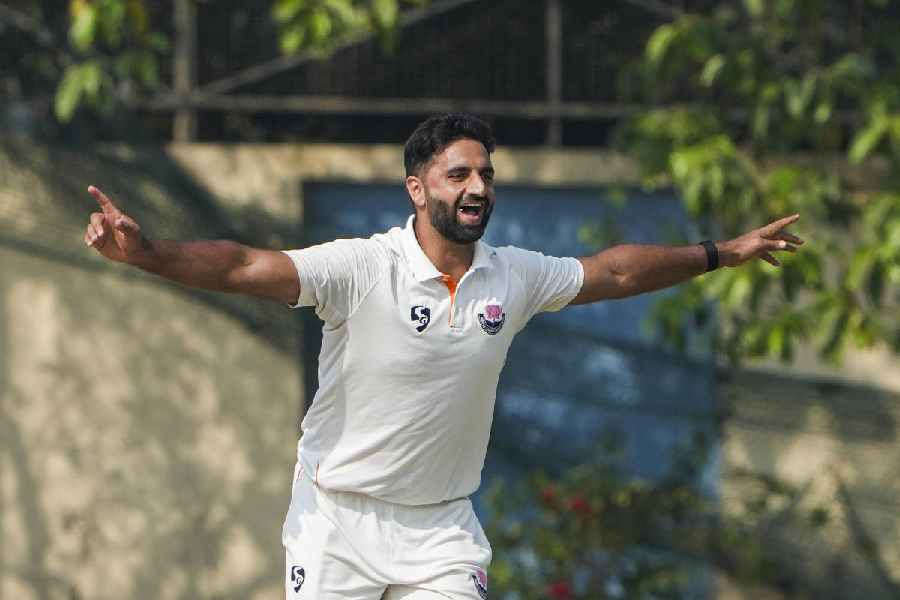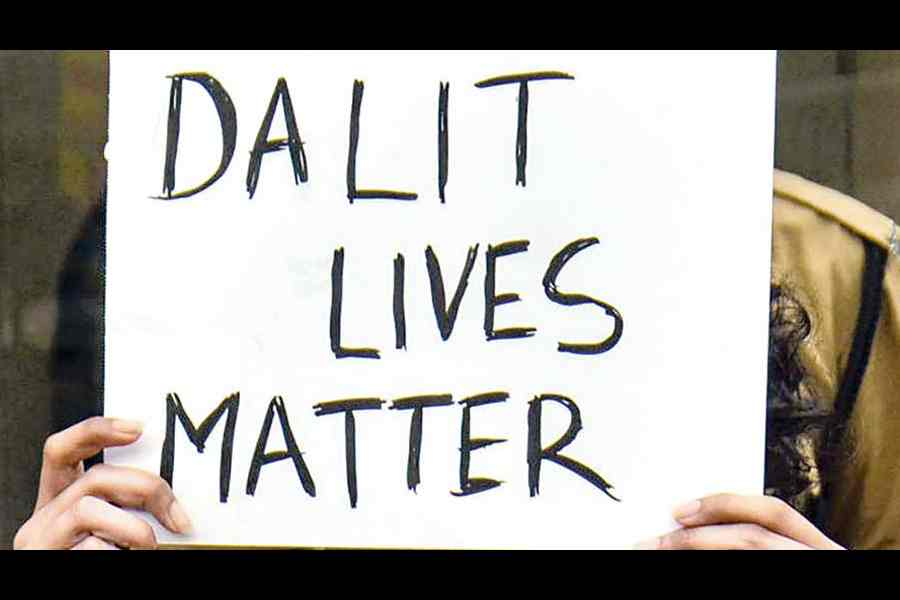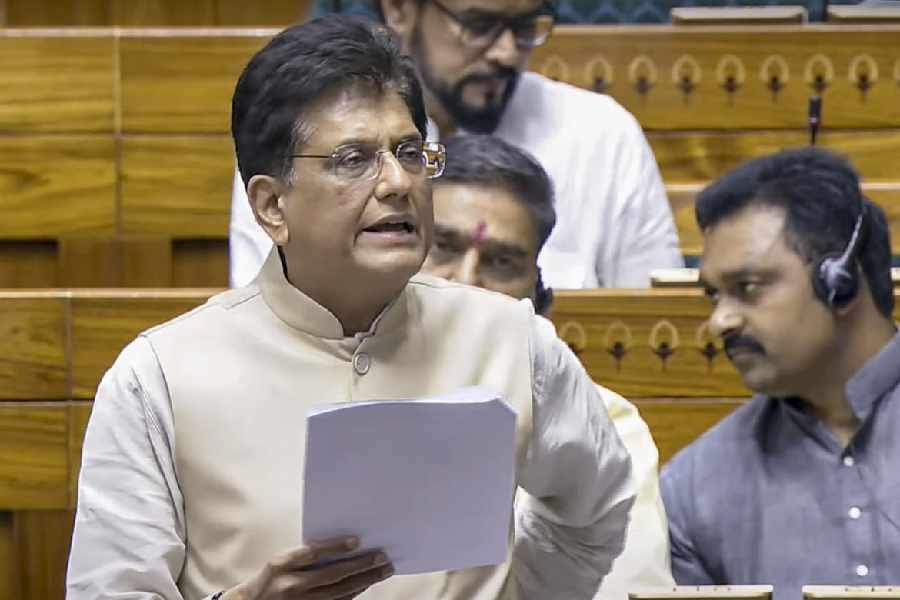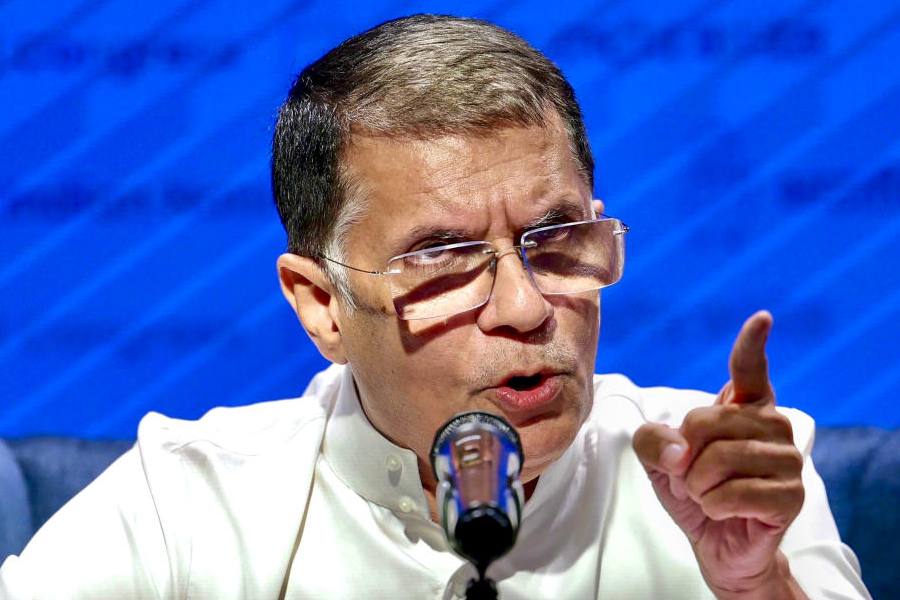Neither the President nor the governor has any “pocket veto or absolute veto” to indefinitely withhold bills passed by a state legislature, the Supreme Court has ruled while prescribing three-month deadlines for the two constitutional authorities to take a decision.
A failure to meet these timetables would give an aggrieved state the right to approach the high court or the Supreme Court, the bench of Justice J.B. Pardiwala and Justice R. Mahadevan said.
It ordered “deemed” assent to 10 bills passed by the Tamil Nadu Assembly with effect from November 18, 2023, when they had been presented to governor R.N. Ravi a second time after heeding his initial call for reconsideration.
The apex court had orally pronounced the verdict on Tuesday, focusing on the governor’s lack of veto, but formally uploaded the 415-page judgment late on Friday night.
“…We prescribe that the President is required to take a decision on the bills reserved for his consideration by the Governor within a period of three months from the date on which such reference is received,” the judgment, authored by Justice Pardiwala, said.
“In case of any delay beyond this period, appropriate reasons would have to be recorded and conveyed to the concerned State.”
On the 10 Tamil Nadu bills, the judgment cited “the unduly long period” for which Ravi had kept them pending “before the ultimate declaration of withholding of assent”.
With this in mind, “we are left with no other option but to exercise our inherent powers under Article 142 of the Constitution for the purpose of declaring these ten Bills as deemed to have been assented on the date when they were presented to the Governor after being reconsidered by the State legislature i.e., on 18.11.2023”, the judgment said.
It said that if a governor reserved a bill for the President’s consideration on the grounds of an unconstitutionality that could endanger democracy, the President ought to refer the matter to the Supreme Court.
“There is no ‘pocket veto’ or ‘absolute veto’ available to the President in discharge of his functions under Article 201,” the judgment said.
“This necessarily implies that the withholding of assent under Article 201 is to be accompanied by the furnishing of reasons for such withholding,” it added.
“The position of law is settled that even where no time limit is prescribed for the exercise of any power under a statute, it should be exercised within a reasonable time. The exercise of powers by the President under Article 201 cannot be said to be immune to this general principle of law….”
While setting the deadlines, the judgment referred to “the reports of Sarkaria and Puncchi Commissions, as well as the Memorandum dated 04.02.2016 issued by the Ministry of Home Affairs”.

